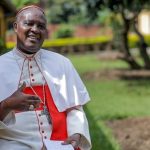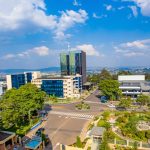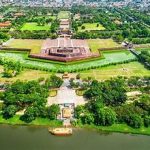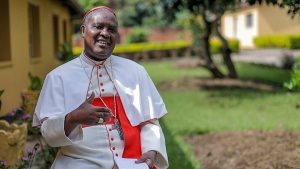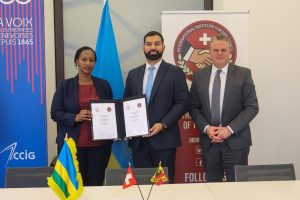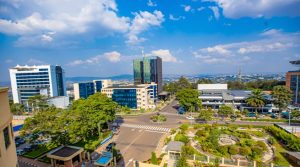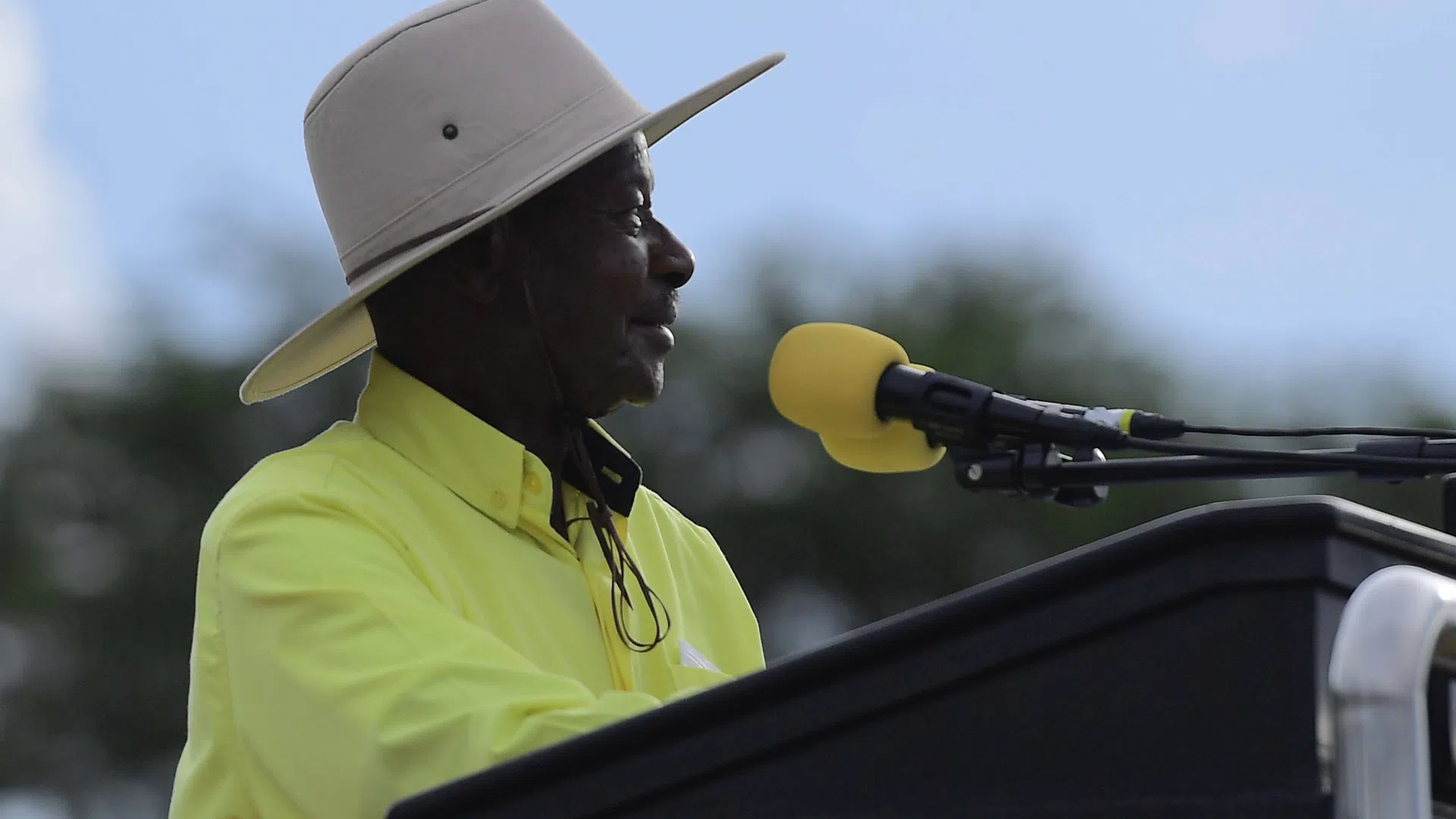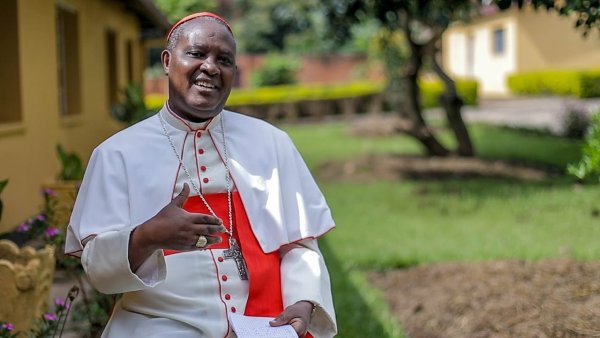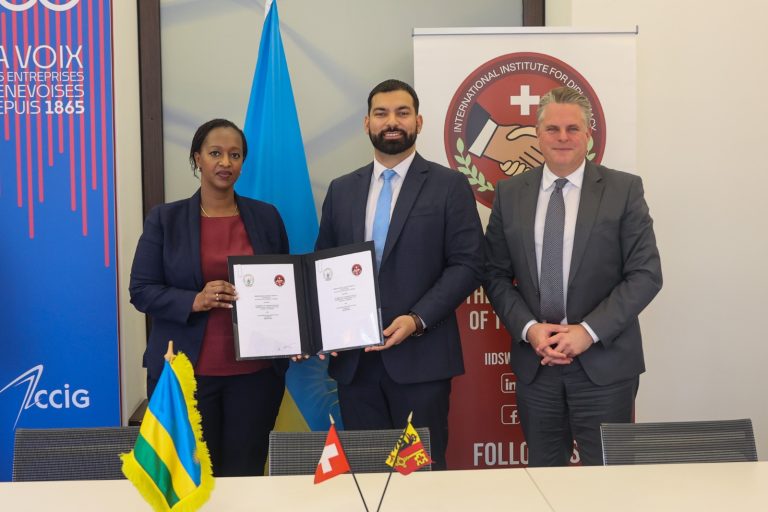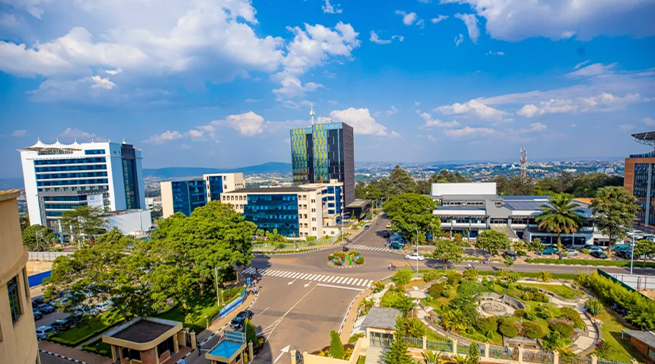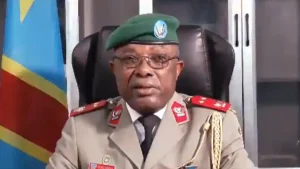Ugandan President Yoweri Kaguta Museveni has demanded an apology from former Aruu County legislator Odonga Otto, accusing him of turning a supposed compliment into an insult over the recent expulsion of Balaalo herders from northern Uganda’s Acholi sub-region.
While addressing journalists during his campaign tour in Karamoja, President Museveni said he was offended by Otto’s public statement that praised him for “expelling his own tribesmen” a comment the President interpreted as questioning his integrity and moral character. “There is a boy called Odonga Otto in Acholi. He owes me a cow or I will take him to court because he insulted me. He thought he was praising me, but actually, it was an insult,” Museveni said.
The President explained that Otto’s remarks implied he acted against his kinsmen out of political gain rather than principle, describing the insinuation as “demeaning and unacceptable. “He thanked me for chasing my tribesmen from Acholi, as if I should defend them even when they are wrong,” Museveni added. “I asked him whether he thinks I am such a low character that I cannot stand for what is right because my relatives are involved.”
A Longstanding Land Dispute
The controversy stems from the government’s eviction of Balaalo cattle keepers, a pastoralist group often accused of destroying crops and encroaching on communal land in Acholi and other northern districts.
The Balaalo issue has long been a flashpoint in northern Uganda, pitting herders against farmers and local leaders who accuse them of illegal grazing and land grabbing.
In 2023, Museveni issued Executive Order No. 3, directing all Balaalo without fenced grazing land in the Acholi, Lango, and West Nile regions to vacate within three weeks. The order aimed to curb environmental degradation, land conflicts, and food insecurity caused by uncontrolled cattle movement.
Although enforcement was slow and met with legal resistance, the directive eventually led to widespread relocations and heightened political tension in affected communities.
Odonga Otto, one of the most vocal critics of the herders, spearheaded campaigns demanding their expulsion, arguing that their presence undermined local livelihoods and community stability.
Ethnic Sensitivity and Political Symbolism
Museveni’s response to Otto underscores the ethnic sensitivities surrounding the Balaalo question. The President, himself a member of the Bahima community traditionally associated with cattle keeping appeared determined to distance his leadership from tribal favoritism. “I do not care about those relatives. If they are wrong, I will go against them,” Museveni stated firmly, emphasizing that his decisions were based on law and justice, not lineage.
Political observers say the confrontation reflects Museveni’s ongoing effort to reinforce his image as a leader of national unity, especially as he campaigns in northern Uganda, a region that has historically been skeptical of his rule.
A Broader Reflection on Governance
The spat between Museveni and Otto has reignited discussions about land governance, ethnic coexistence, and leadership accountability. Analysts argue that the exchange exposes how Uganda’s unresolved land issues continue to carry both social and political weight.
While Odonga Otto has yet to publicly respond to the President’s demand for an apology, the disagreement has once again placed the Balaalo question at the center of Uganda’s national conversation.
As Museveni intensifies his campaign trail ahead of the 2026 general elections, political experts say managing such disputes will be crucial for maintaining stability and reinforcing his long-standing message of unity across Uganda’s divided regions.
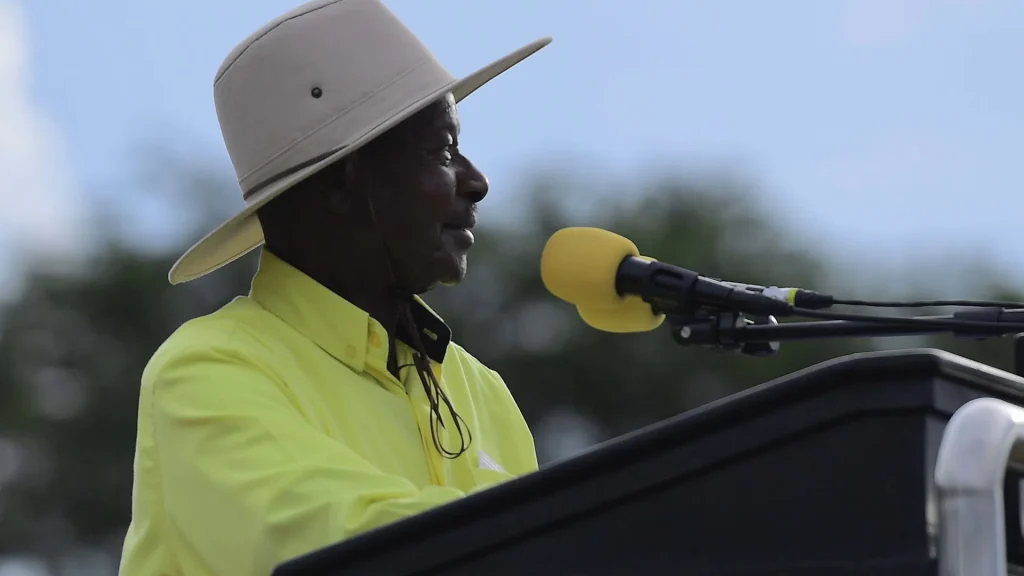
Author: Justinmind HARERIMANA
